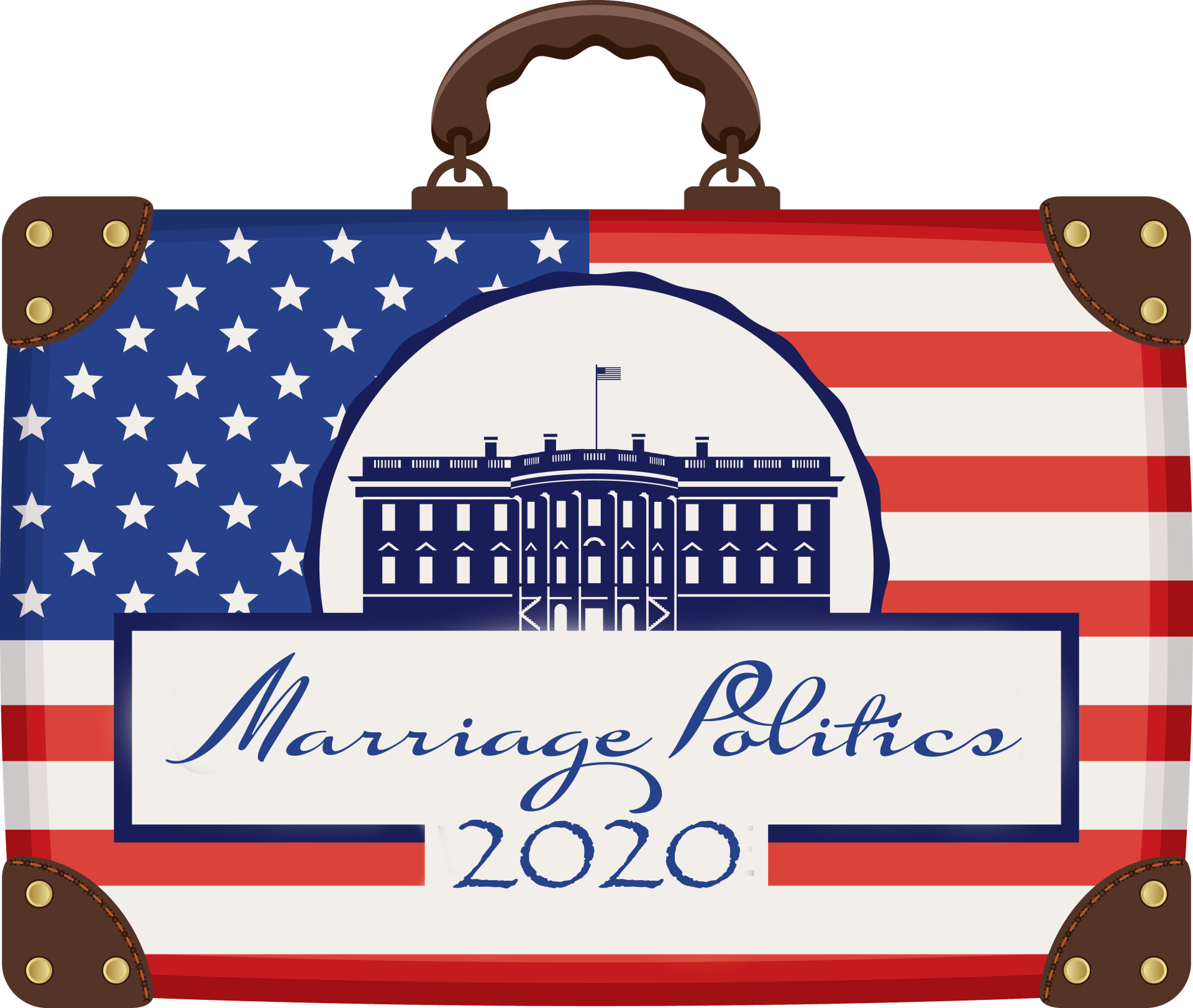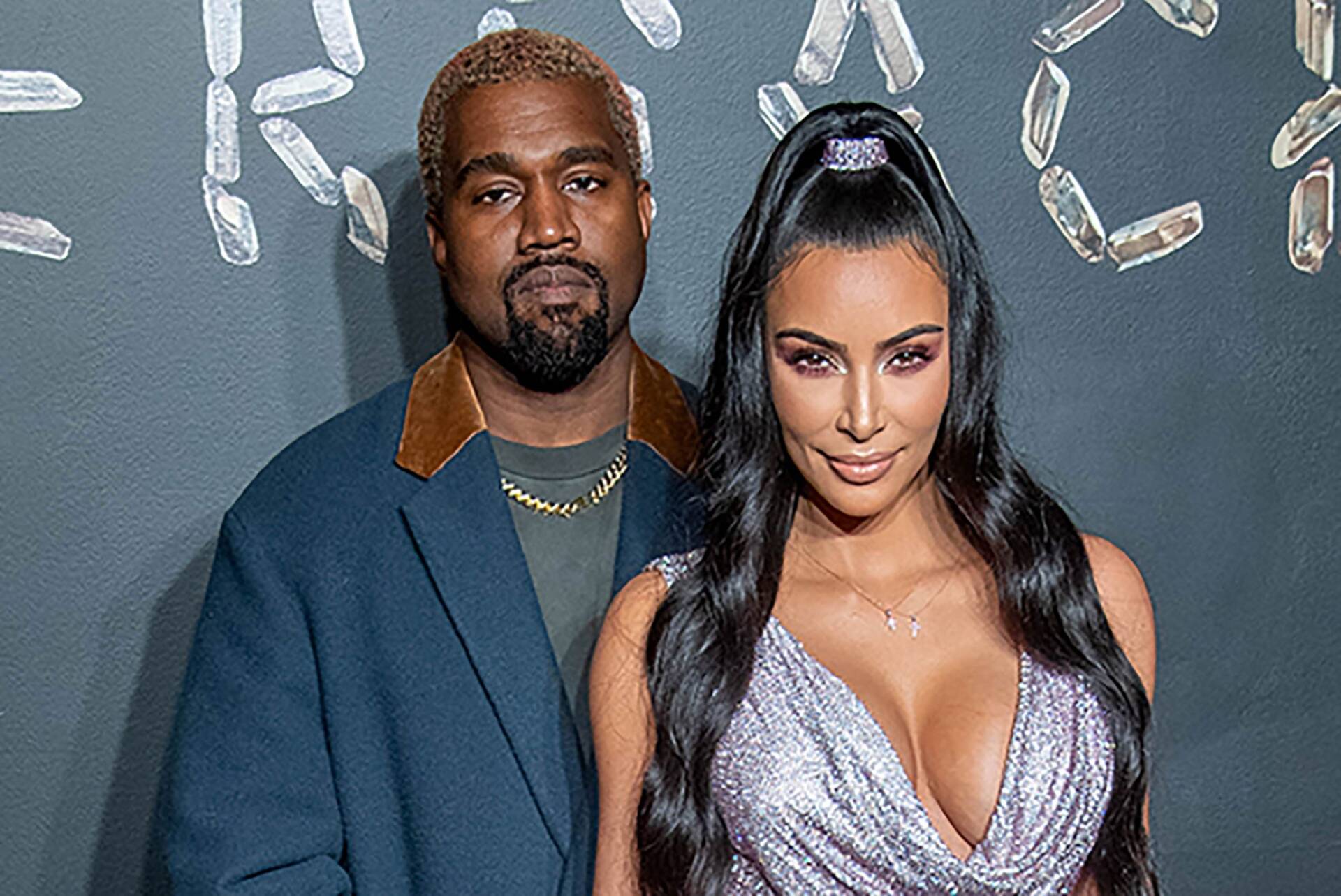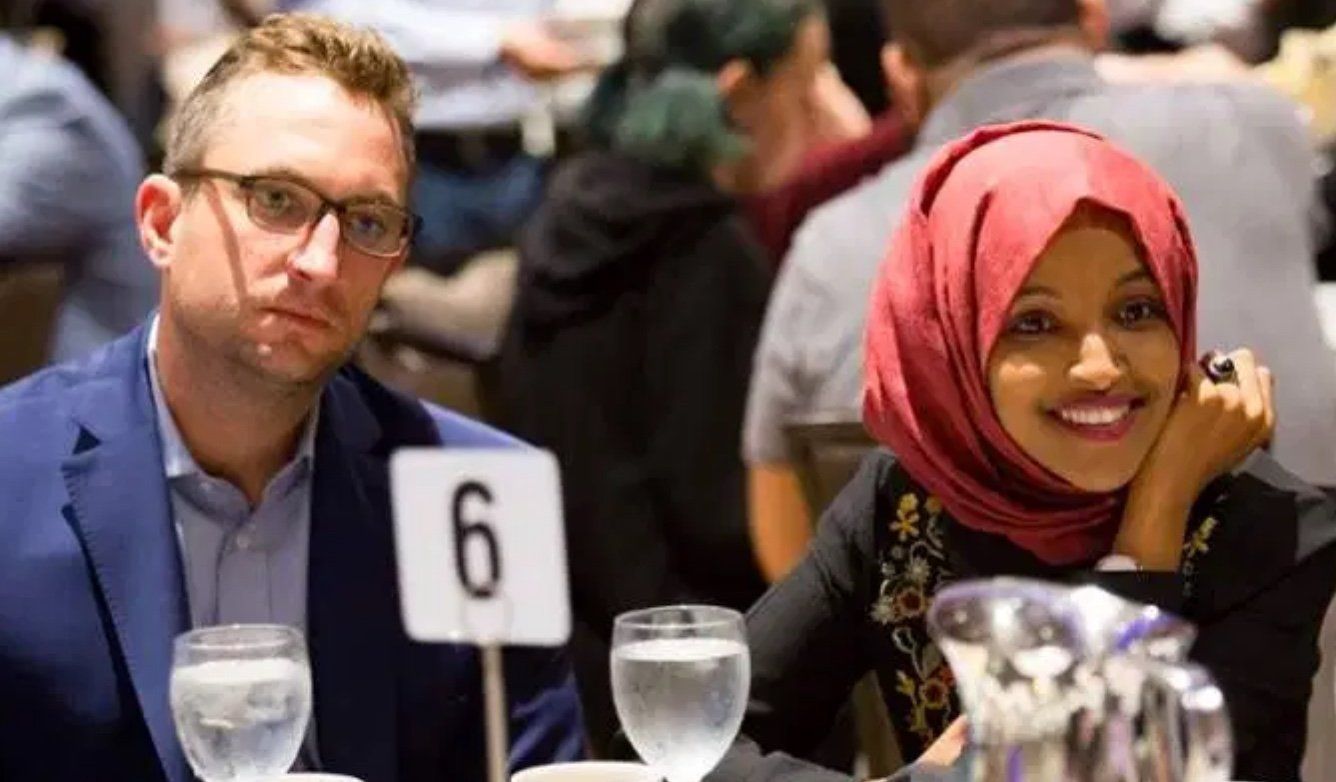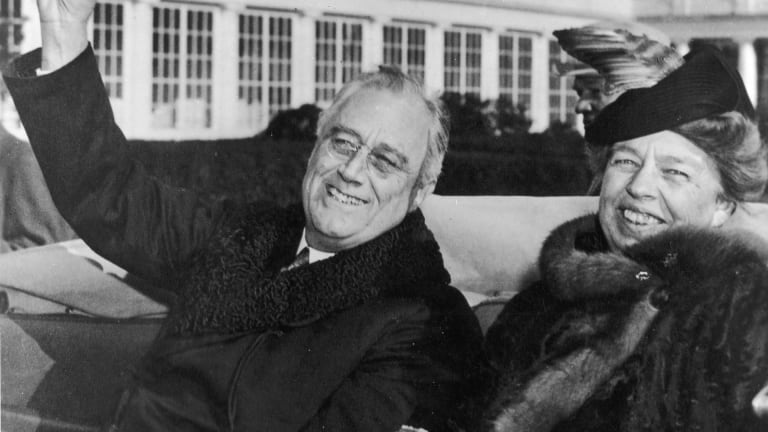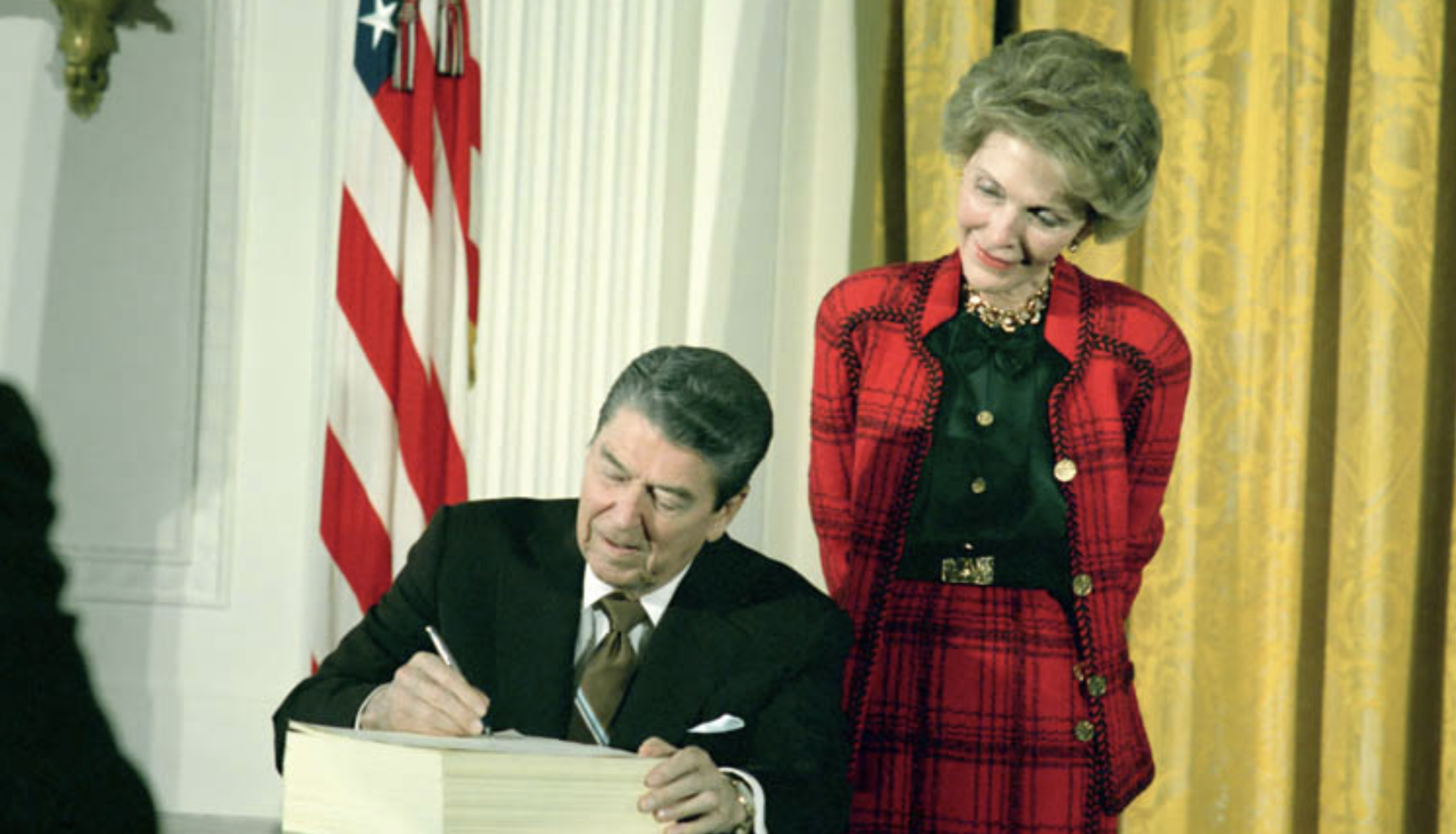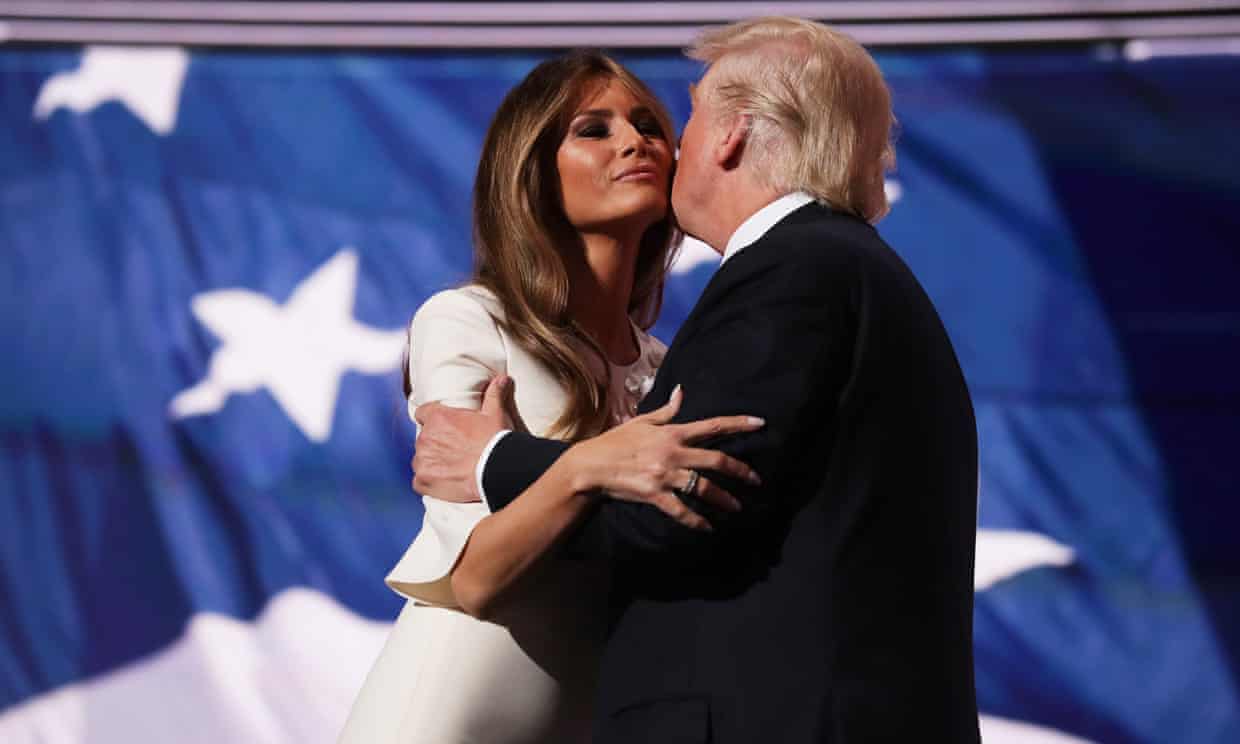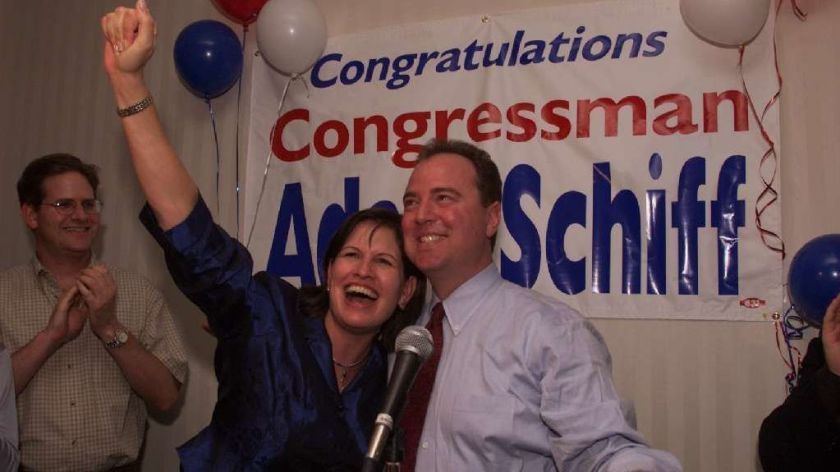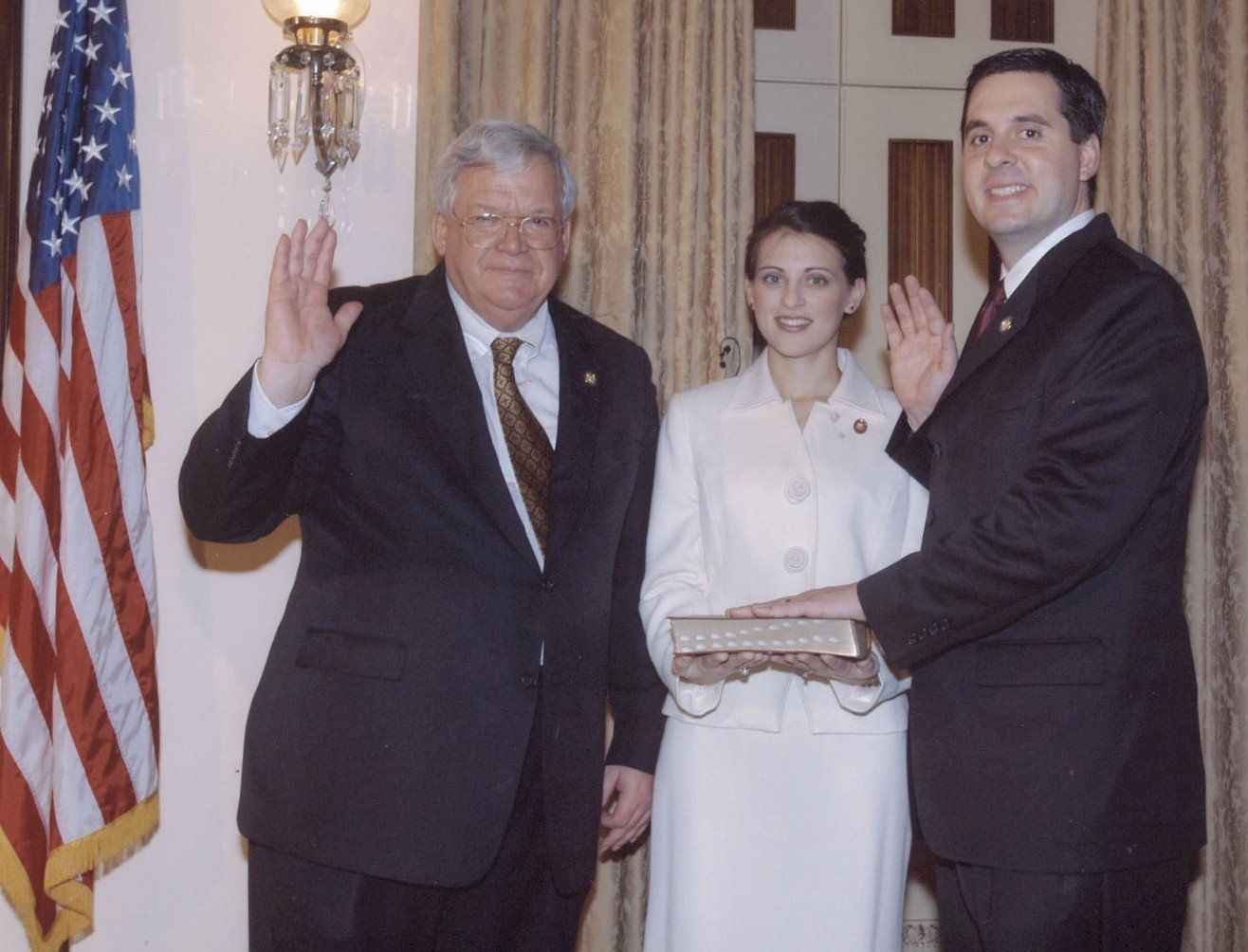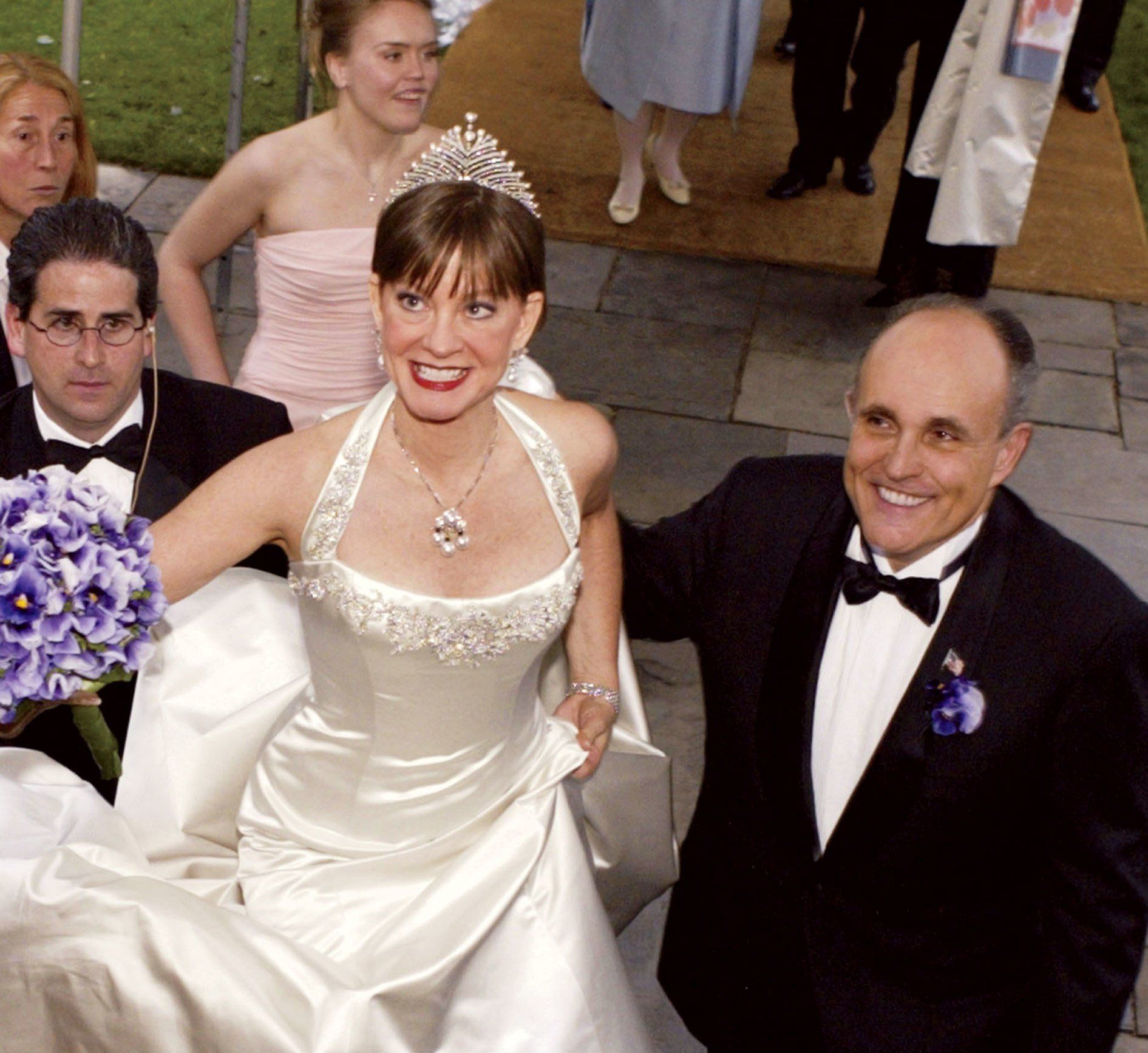How Many Republicans Marry Democrats?
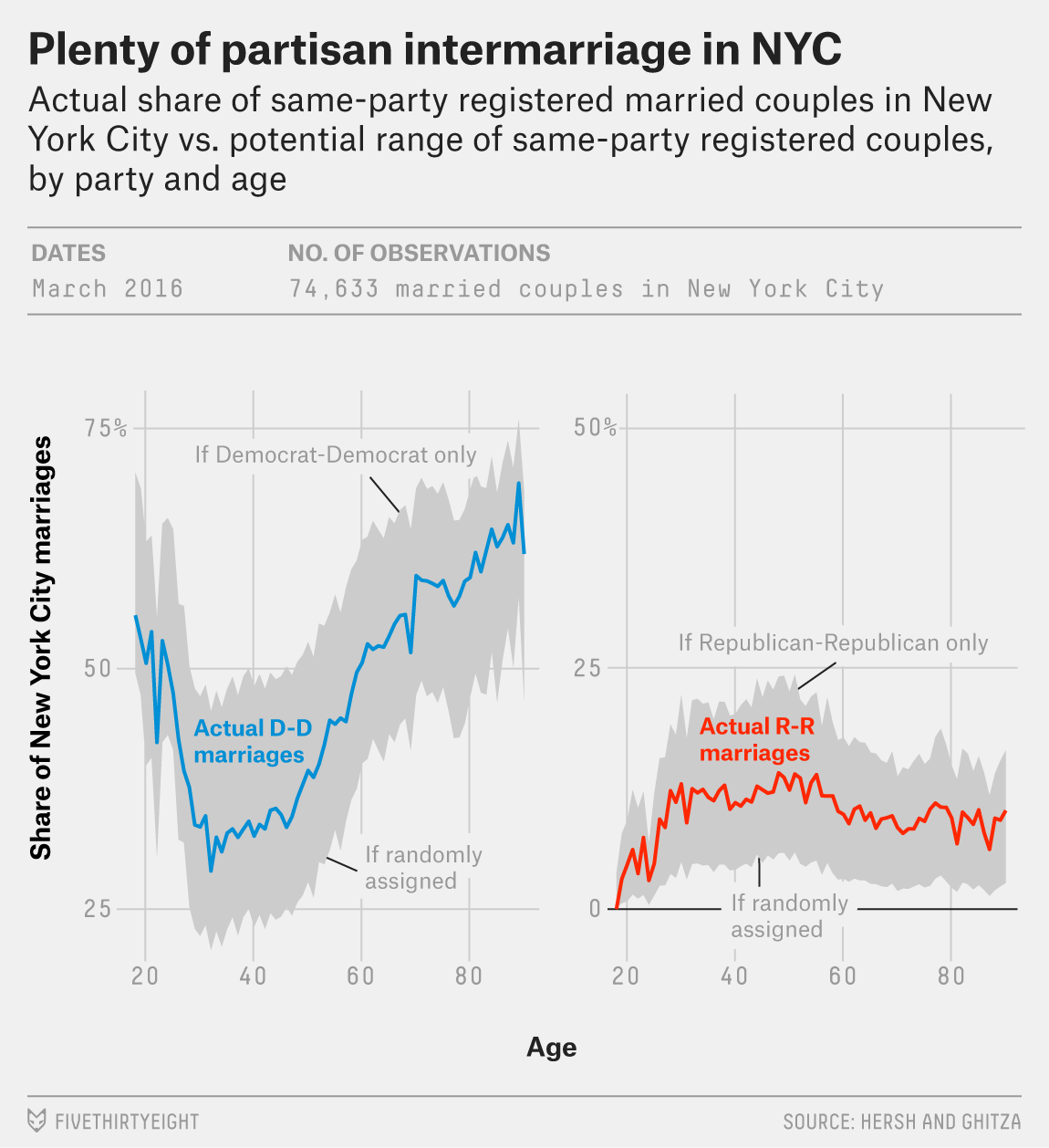
By Eitan Hersh
Evidence abounds that Democrats and Republicans really do not like each other. Researchers have found that they avoid dating one another, desire not to live near one another and disapprove of the idea that their offspring would marry someone outside their party (see here, here, here). Sure, most people are not very political, but among those who are, partisanship seems to be affecting nonpolitical realms of their lives.
That phenomenon motivated a colleague and me to gather data about mixed-partisan marriages. We were curious: How many Americans are married to someone of the other party? Who are these people? Are they old or young? Where do they live? Do they vote?
To answer these questions, I teamed up with Yair Ghitza, chief scientist at Catalist, a prominent political data firm that sells data to left-of-center campaigns and interest groups, and also to academics like me who use the data for scholarly research. Catalist maintains a continuously updated database containing records of personal, political and commercial data for nearly all American adults.
We focused on registered voters in the 30 states that track voters’ party affiliation. For simplicity, we mostly focused on male-female partners who live at the same address, share a last name, are within 15 years of age (sorry, Donald and Melania Trump), and are the oldest such pair in the household.
We also cut the data in other ways, such as incorporating same-sex couples as well as couples who do not share a last name. In our research paper, we try out 32 different ways to define marriage in the data. Without getting too deep into the details, there’s a trade-off in how we define marriage here. For instance, if we include same-sex pairs and pairs with different last names, we are both more likely to count nonmarried people as married (e.g., 20-something platonic, same-sex roommates — not our population of interest) and also more likely to count as married those in less “traditional” marriages, who are in the population we care about.
How we define marriage affects the overall partisan composition of married couples (i.e., when we include less traditional couples, the population appears more Democratic), but the definitions do not much affect the key findings below.
What are those key findings? Here are the five most important ones.
Read more at Five Thirty Eight.
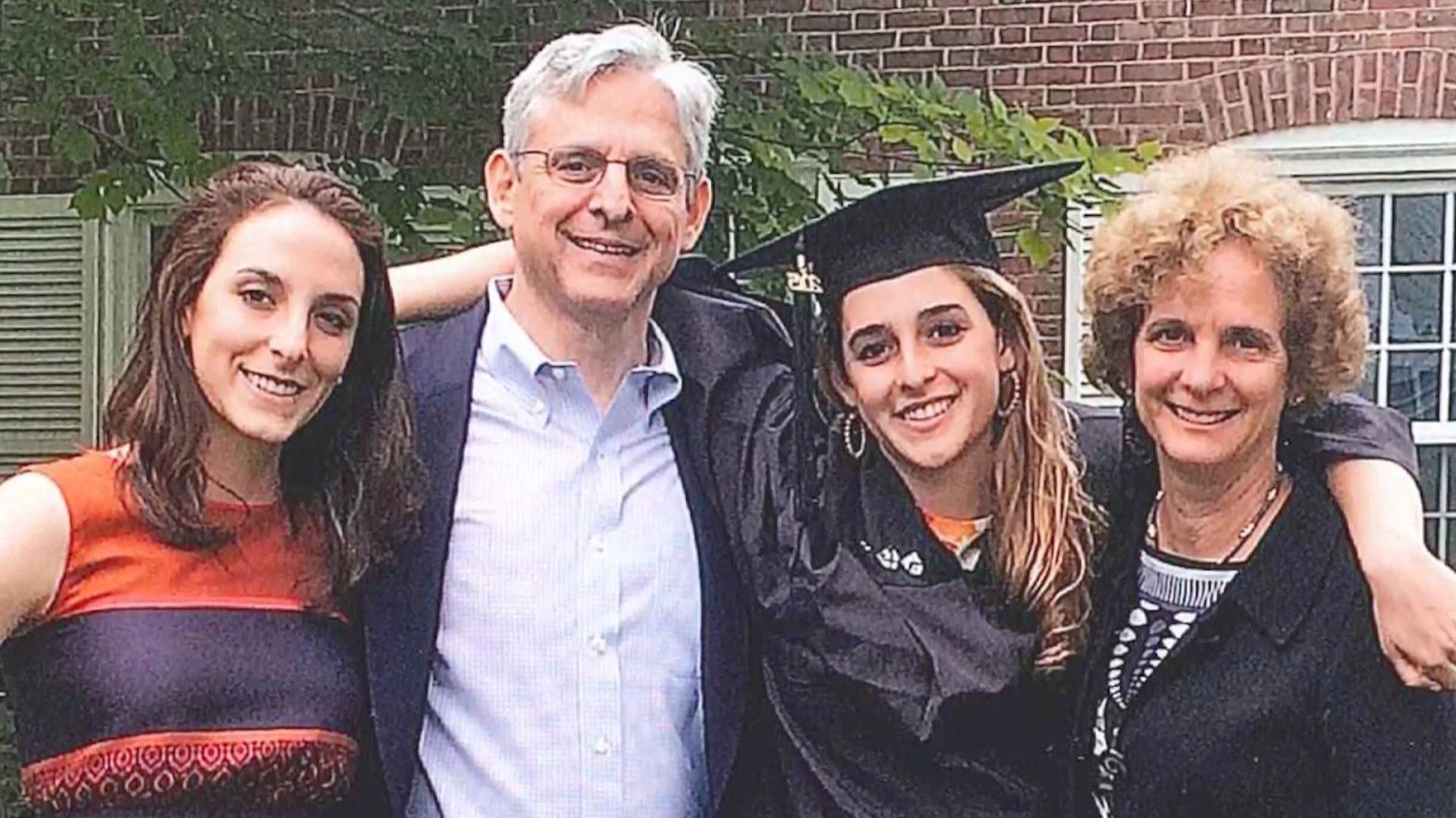
Lynn Rosenman and Merrick Garland married in 1987. Their union made the New York Times because of her! Lynn's grandfather was Samuel Rosenman, who served as a New York State Supreme Court justice and as a counsel to Presidents Franklin D. Roosevelt and Harry Truman. He died in 1973, but his legacy lives on. Lynn is a graduate of Harvard University and the Sloan School of Management at the Massachusetts Institute of Technology, where she earned a master’s degree in operations management. When Lynn and Merrick married, she was working as the staff assistant to the vice president in charge of operations for the Melpar division of E-Systems, Inc., a defense electronics contractor in Falls Church, Virginia. Both their daughters are Yale graduates. The five-bedroom home in Bethesda the Garlands purchased in 1999 for $990,000 has been a terrific investment, today reported to be worth more than $2 million.
